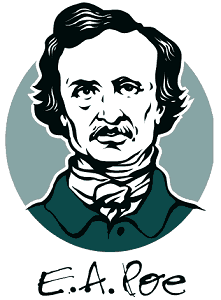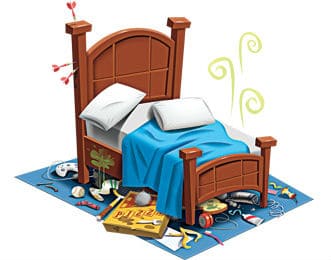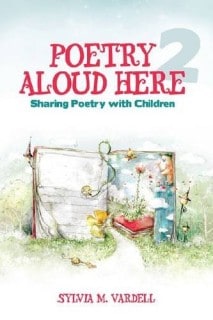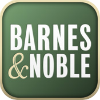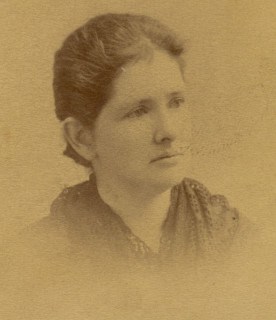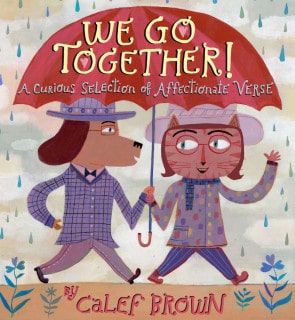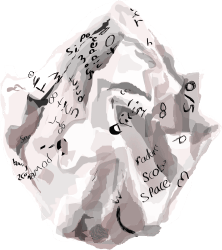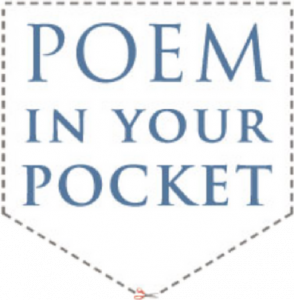
You might have heard that every year, the month of April is National Poetry Month. But did you know that we also celebrate Poem in Your Pocket Day every April as well? This is a day when people all over the United States will be sharing their favorite poem with their families, classmates, co-workers, and neighbors.
The town of Charlottesville in Virginia has an annual tradition of celebrating this day together. Lots of people volunteer to pass out printed poems all over town, and they also have an open mic poetry event the night before Poem in Your Pocket Day to kick off the celebration. There are also special Poem in Your Pocket events every year in other large cities, such as New York.
Here are 10 easy and fun ways to celebrate Poem in Your Pocket Day this year:
- Write a short poem on an index card and tape or thumbtack it to a public bulletin board. Or you could use just one stanza from a longer poem. Be sure to give the title and author so that people who read it can look up the full poem on their own.
- If you don’t have a pocket, think of other places to store folded-up poems. How about tucked into the top of in your sock?
- Email your favorite poem to a pen pal or family member who lives far away.
- Ask your parent, teacher, or school librarian to help you arrange a poem swap for your class or neighborhood, in which everyone brings a printed copy of their favorite poem and swaps it for someone else’s poem.
- If you use Facebook, Instagram, or Twitter, you can post a photo of your favorite poem and include the hashtag #pocketpoem.
- Leave a printed copy of your poem between the pages of a library book. It will be a surprise for the next reader!
- If your family often visits a senior center or nursing home, print several copies of a poem to share and give it to the people you see when you visit that day. Or ask the person at the information desk if you can leave a pile of poems for visitors to take to their loved ones.
- Encourage people to ask you about your poem. You can do this by wearing a sticker on your shirt or bookbag that says, “It’s Poem in Your Pocket Day! Ask me about my favorite poem.”
- If your family members take their lunch to school or work, slip a poem into their lunch bags. Better yet, put in two poems—one for them to keep and one for them to give away to a friend!
- Come up with creative ways to share your poem if you don’t want to print out or write out your poem on paper. For example, you could write a short poem on the back of your hand and read it out loud to people you meet.
No matter how you decide to celebrate, you can make Poem in Your Pocket Day special and fun for yourself—and everyone you meet. Just choose a poem to share, and the possibilities are endless!

